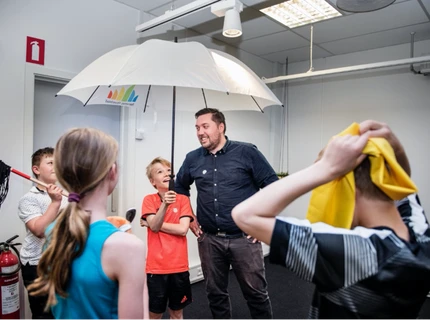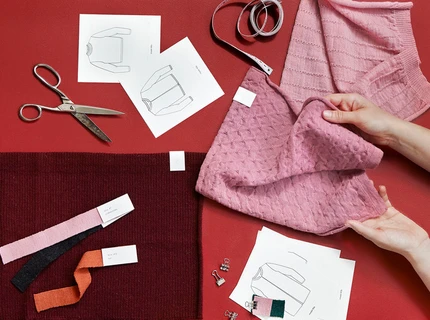Relay conversations pave the way for circular innovation strategies
- PhD student
-
Alexandra Harder Lindek
- Main supervisor
- Sune Klok Gudiksen
- Project supervisor
- Morten Krogh Petersen
- LAB
- Sustainability and Design
About
Start-ups have the privilege of basing their business strategy on sustainable approaches, but for established lifestyle companies it can be challenging. They must protect their buildup assets, both tangible and intangible, such as know-how, network, customer loyalty, branding, etc., while trying to adapt to the rapid changes and the demands of the green transformation for a different kind of value creation.
The objective of the PhD project is to activate a participatory design foresight mindset and knowledge about the use phase in the lifestyle industry when making long-term strategic decisions for circular transition.
Purpose
It sheds light on cross-industry innovation perspectives, examines the potentials of a participatory practice, and investigates how knowledge from the use phase can inform strategic decisions within the value chain and facilitate the circular economy transition.
Moreover it will discuss in what way and to what extent the design method can overcome the organisational barriers between the business model of today and the future use of lifestyle products.
Methods and expected results
Through case studies conducted within the lifestyle industry, the project will shed light on and investigate the relay-conversation method, where variation between the cases enables comparing of similarities and contrasts.
Further it will contribute with insights into how the designer can facilitate for sustainable innovation across stakeholders.
The research project aims to inform academia and other stakeholders in the field of design, sustainability, and the lifestyle industry, specifically researchers working with circular economy and participatory design for advancing business innovation.


